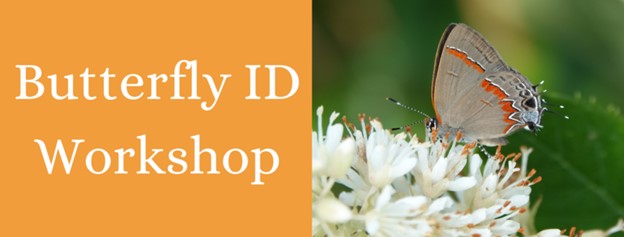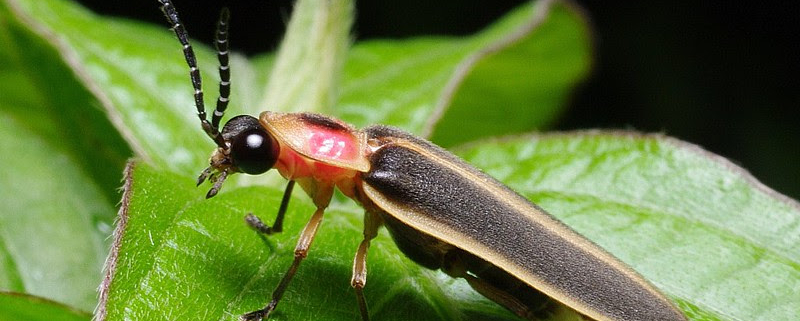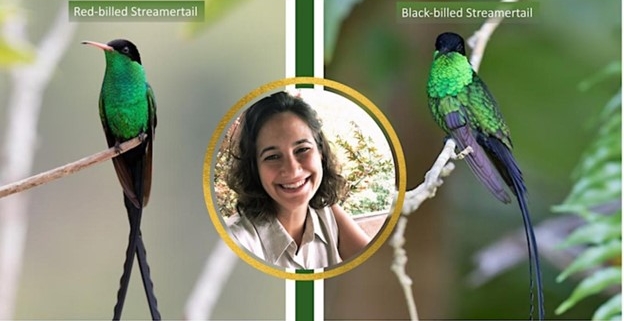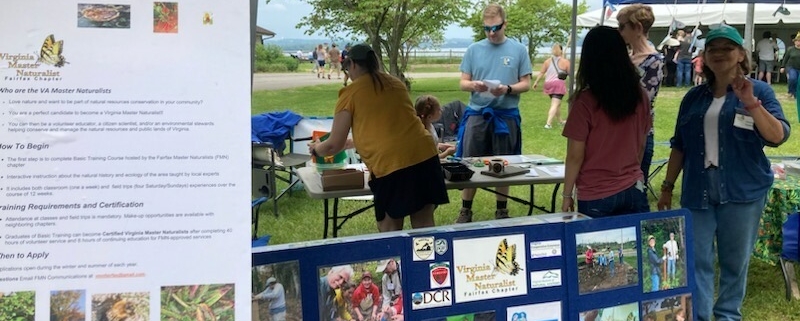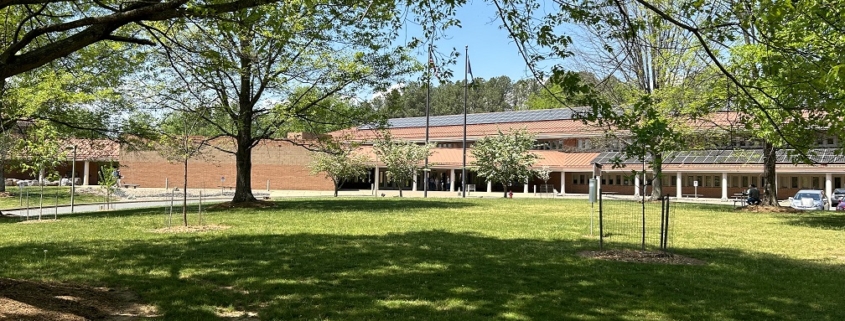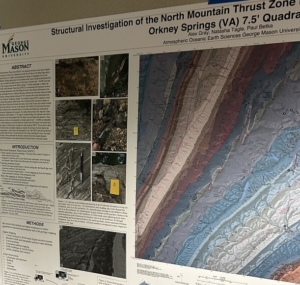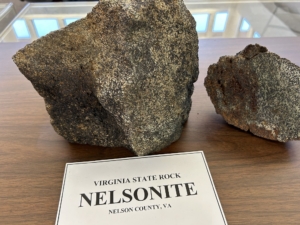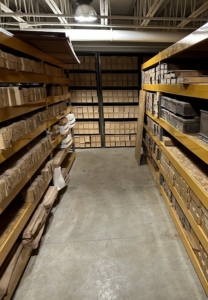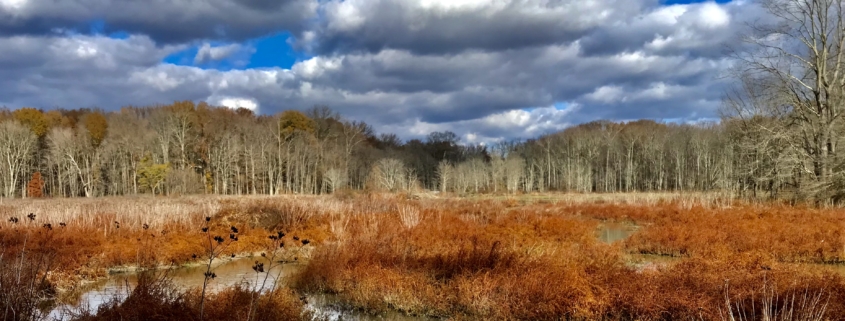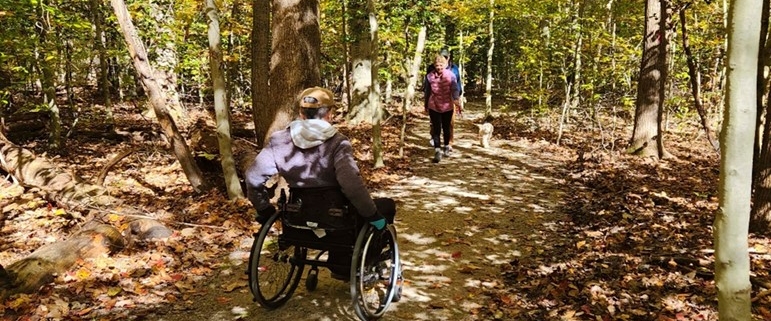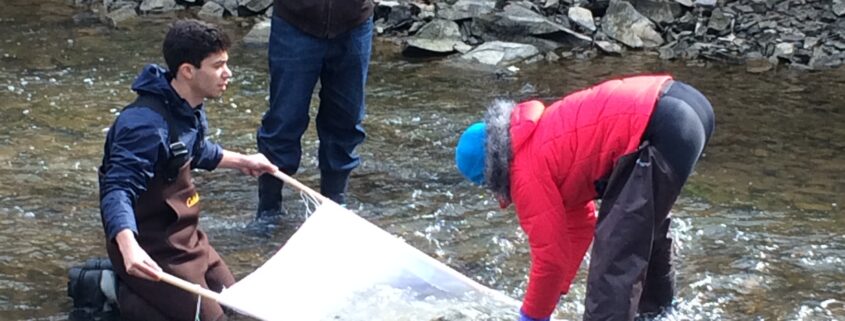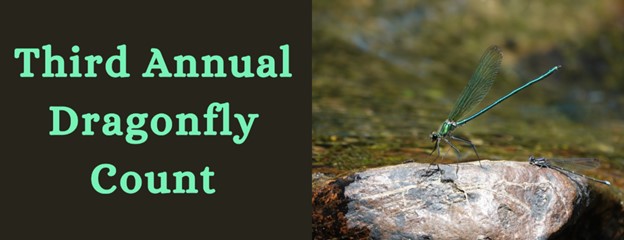Photo by FMN J. Quinn, Hidden Pond stream monitoring
Below is a list of the stream monitoring workshops and training opportunities located throughout the county:
Horsepen Run Stream Monitoring Workshop
When: Wednesday, May 17, 4:00-6:30pm
Where: Horsepen Run Stream Valley Park, Herndon
This site has faced challenges in recent years including erosion and invasive bamboo. Join the NVSWCD as we monitor Horsepen Run to assess stream health and learn about the environmental impacts on this stream. Learn more and register for this workshop and others here.
Wolftrap Creek Monitoring Workshop
When: Saturday, May 20, 9:30am-12:00pm
Where: Wolftrap Creek Stream Valley Park, Vienna
This stream site is one of NVSWCD’s newer sites, with easy stream access and often used as a site for VASOS field certification workshops. Learn more and register for this workshop and others here.
Sugarland Creek Monitoring Workshop
When: Sunday, June 11, 9:30am-12:00pm
Where: Sugarland Run Stream Valley Park, Herndon
This stream site is known for the large number of Great Blue Herons that visit the site as well as a large number of crayfish found in our collection nets. Learn more and register for this workshop and others here.
Pohick Stream Monitoring Workshop
When: Thursday, June 22, 4:00-6:30pm
Where: Pohick Creek Stream Valley Park, Springfield
This site along Pohick Creek runs adjacent to the Cross County Trail and features a family- and pet-friendly walking trail in addition to cool stream critters. Learn more and register for this workshop and others here.
More Training and Stream Monitoring Opportunities
Northern Virginia Soil and Water Conservation District (NVSWCD) is very excited to contribute their stream data to state and national datasets. If you’d like to see data from all the NVSWCD regional stream monitoring team’s active sites, you can find NVSWCD organization on the Clean Water Hub.


